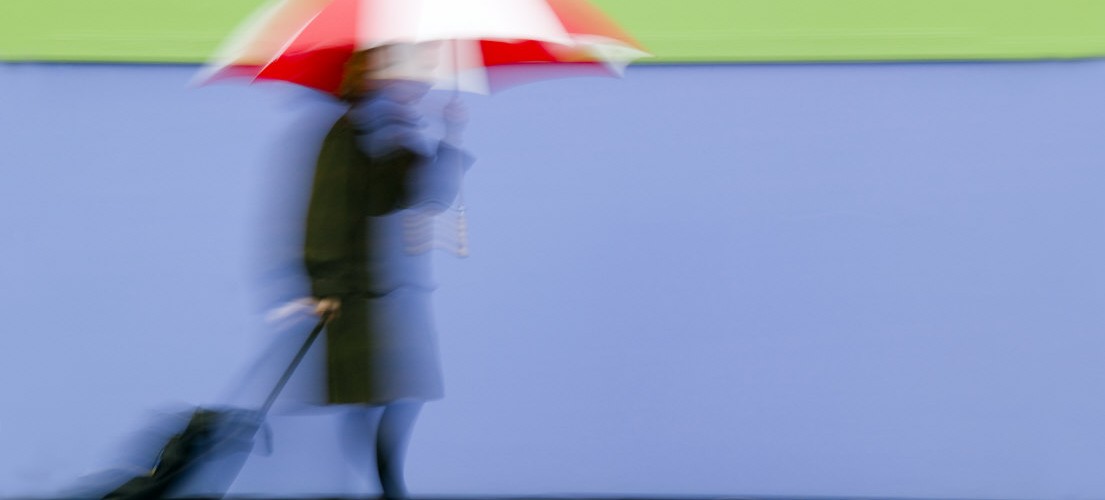
As a former airline and hotel marketer and a current commentator on the travel-rewards scene, loyalty programs have been a big part of my life for 30 years.
Based on the amount of feedback I receive from readers, and the amount of emotion fueling that feedback, it’s easy to assume that rewards programs remain a central focus of other consumers as well.
But, realistically, I know that I’m dealing with a statistically insignificant sliver of the universe of consumers. We could be just a bubble in the ocean, a tiny minority with a perverse passion for marketing esoterica.
So whenever I come upon a study or survey of consumer engagement with loyalty programs from a trusted source, I give the results my undivided attention.
Venerable consulting company Deloitte this week released “Customer Loyalty in the Hotel Industry,” based on input from 4,000 “frequent business and leisure travelers.” According to the company, “This research has given us deep insights into hotel guests’ travel behaviors, attitudes, and engagement preferences.”
Deep insights? Perhaps. But whatever those insights might be, they’re not into the travel behavior of what I consider to be frequent business or leisure travelers.
Consider the travel and loyalty program behavior of the respondents:
- 94 percent had completed a hotel stay during the past 12 months, but only 64 percent had taken an airline flight.
- For more than half (52.3 percent) of the respondents, 100 percent of their hotel stays were exclusively for leisure.
- 31 percent were members of only one travel or non-travel loyalty program.
- And 31 percent did not participate in a single hotel program, with 25 percent only participating in one program.
Those are definitely not what travel marketers consider to be the characteristics of frequent travelers, either leisure or business. Real frequent travelers fly and stay in hotels much more often, and participate in multiple loyalty programs.
Deloitte could have misidentified its supposed target survey audience and still added something interesting to the loyalty program discussion. Did they?
The report’s conclusion is twofold. First, “hotel loyalty programs as they are constituted today have either little or no impact on travelers’ purchase decisions, and, worst case, these programs drive undesirable brand-switching behavior.” So, loyalty programs are both ineffective and too effective?
The second conclusion: “Hotel brands and owners that choose to instead build differentiated loyalty programs and a customer experience that anticipates and integrates priority customers’ personalized needs have the potential to capture incremental market share.” This is a thinly veiled sales pitch: Deloitte will be happy to help hapless hotel marketers fix their flawed loyalty programs.
I’m not sure what Deloitte considers its particular area of expertise. It’s certainly not travel marketing.
Reader Reality Check
Should Hilton or Marriott hire Deloitte to reinvigorate their programs?
How would you improve your hotel program?
This article originally appeared on FrequentFlier.com.
We hand-pick everything we recommend and select items through testing and reviews. Some products are sent to us free of charge with no incentive to offer a favorable review. We offer our unbiased opinions and do not accept compensation to review products. All items are in stock and prices are accurate at the time of publication. If you buy something through our links, we may earn a commission.
Top Fares From
Today's Top Travel Deals
Brought to you by ShermansTravel
France: 8-Night Paris, Avignon & Nice...
Infinity Worldwide Vacations
 vacation
$2880+
vacation
$2880+
Poconos: 3 Nts in Garden of...
ResortsAndLodges.com
 hotel
$305+
hotel
$305+
7-Nt Canada & New England Cruise,...
Princess Cruises
 cruise
$839+
cruise
$839+



